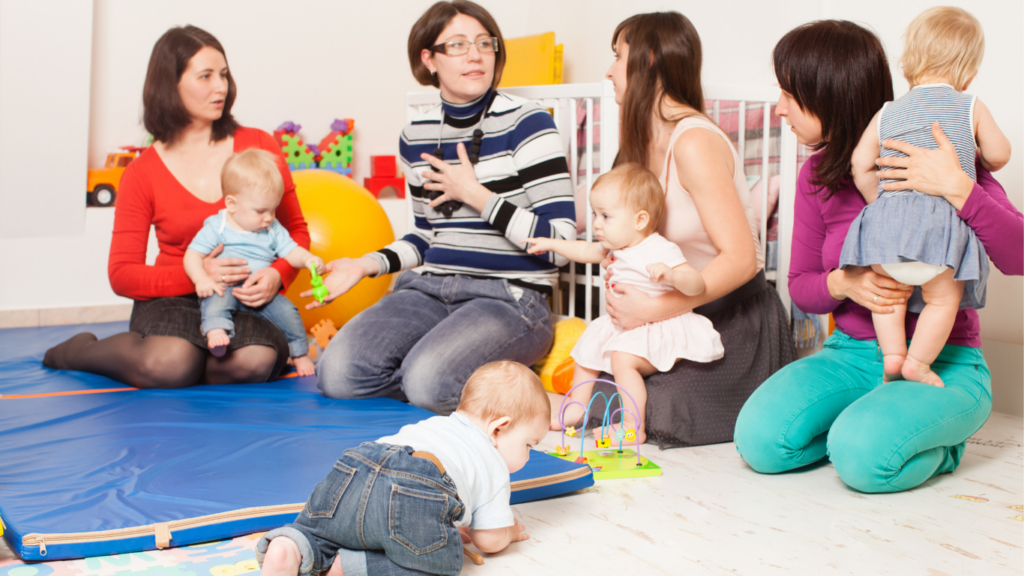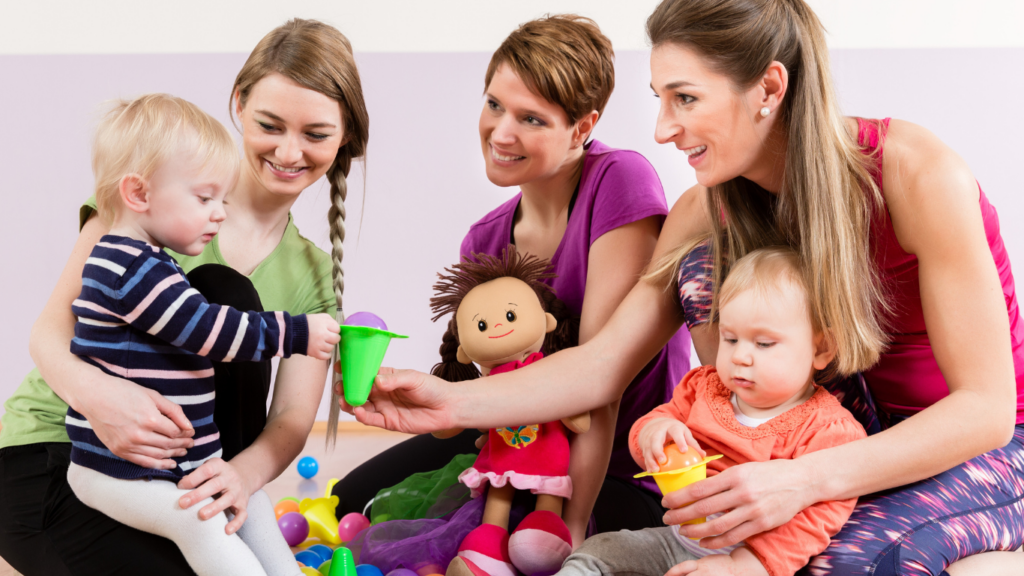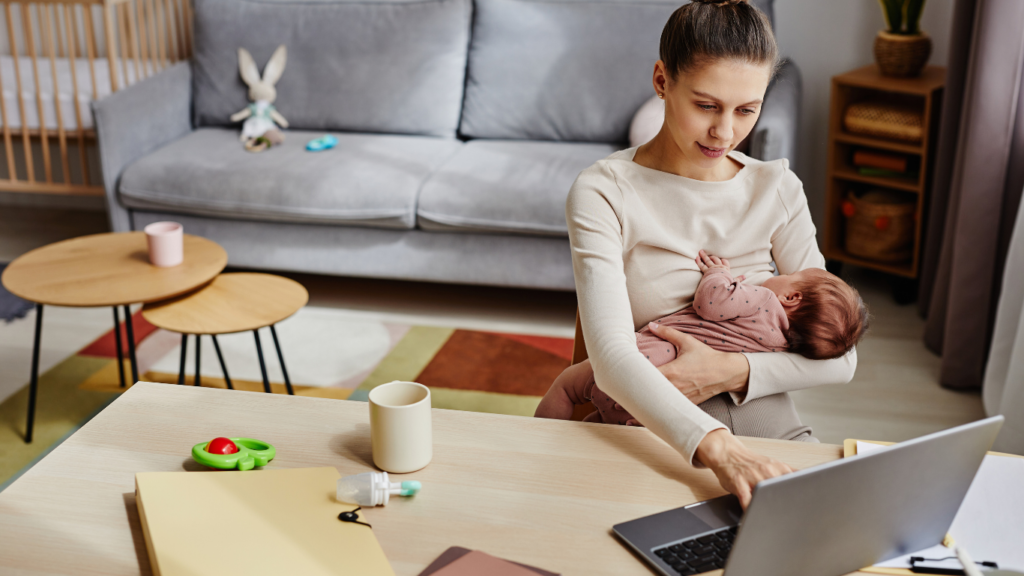Becoming a parent is one of the most rewarding yet challenging journeys I’ve ever experienced. It’s easy to feel overwhelmed, especially when faced with endless decisions and the pressure to “get it right.” In those moments, I’ve found that connecting with other parents makes all the difference. There’s something incredibly reassuring about knowing I’m not alone in my struggles and triumphs.
Understanding Peer Support In Parenting
Navigating parenthood becomes more manageable when shared with others facing similar challenges. Peer support creates opportunities for connection, understanding, and shared learning.
What Is Peer Support?
Peer support involves parents coming together to:
- offer empathy
- insights
- encouragement
It can occur in informal chats, structured groups, or through online communities. These interactions create a sense of belonging and reduce feelings of isolation often associated with parenting. For me, being part of a group where others shared relatable experiences helped normalize my struggles.
The Importance Of Connection Among Parents
- Connecting with other parents fosters a supportive network.
- It enables the exchange of practical advice, such as tips for sleep schedules or managing tantrums.
- More importantly, shared experiences reinforce that no parent is alone in their challenges.
- I found reassurance in knowing that others faced similar hurdles and celebrated small victories with the same enthusiasm.
- These connections strengthened my confidence as a parent and encouraged mutual growth.
The Role Of Peer Support In Building Confidence

Peer support plays an essential part in helping parents feel more assured in their journey. By connecting with others, I gain valuable emotional and practical resources that boost my confidence.
Emotional Validation And Encouragement
Receiving emotional validation strengthens my confidence as a parent. When I share my feelings with others who’ve experienced similar challenges, I feel understood and less overwhelmed. Encouragement from peers helps me recognize my strengths and stay motivated during difficult moments.
Sharing Experiences And Practical Advice
Exchanging experiences provides insights I might not have considered before. For example, hearing how someone managed bedtime routines or discipline strategies offers me practical solutions to try at home. These shared tips empower me to address my parenting challenges effectively.
Reducing Isolation And Loneliness
Feeling connected combats the isolation that often accompanies parenting. Peer groups, both in person and online, remind me that I’m not navigating these challenges alone. This sense of belonging alleviates loneliness, increasing my confidence in managing daily responsibilities.
Key Benefits Of Peer Support For Parents
Peer support offers significant advantages for parents navigating the complexities of raising children. It provides practical tools and emotional reassurance that directly enhance confidence.
Strengthening Parenting Skills
I find that engaging with other parents sharpens my parenting skills through shared learning. Parents share actionable advice on real-world challenges, like establishing consistent routines or addressing behavioral changes. Hearing diverse perspectives equips me with strategies I might not consider on my own, making me more effective in meeting my child’s needs.
Enhancing Coping Mechanisms
Through peer support, I’ve developed healthier ways to manage stressful parenting moments. Listening to others discuss how they handle tantrums or work-life balance inspires me to remain calm under pressure. Discussions about setbacks remind me that challenges are temporary, fostering resilience and reducing self-doubt in my approach to parenting.
Creating A Sense Of Community
Connecting with peers fosters a strong sense of belonging. When I exchange experiences in peer groups, I feel less isolated and better understood. Knowing that others face similar struggles creates a supportive environment, reinforcing that I’m part of a larger community navigating the same parenting journey.



 Community Engagement Manager
Community Engagement Manager
